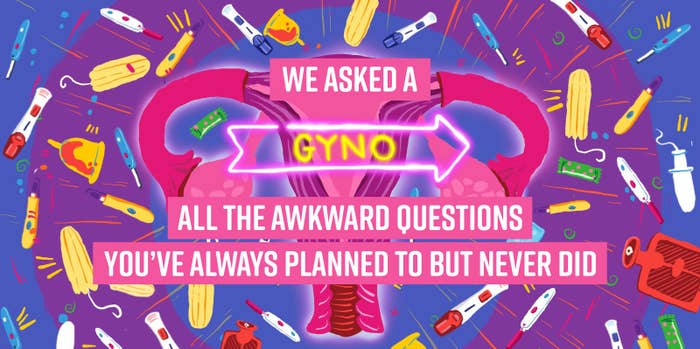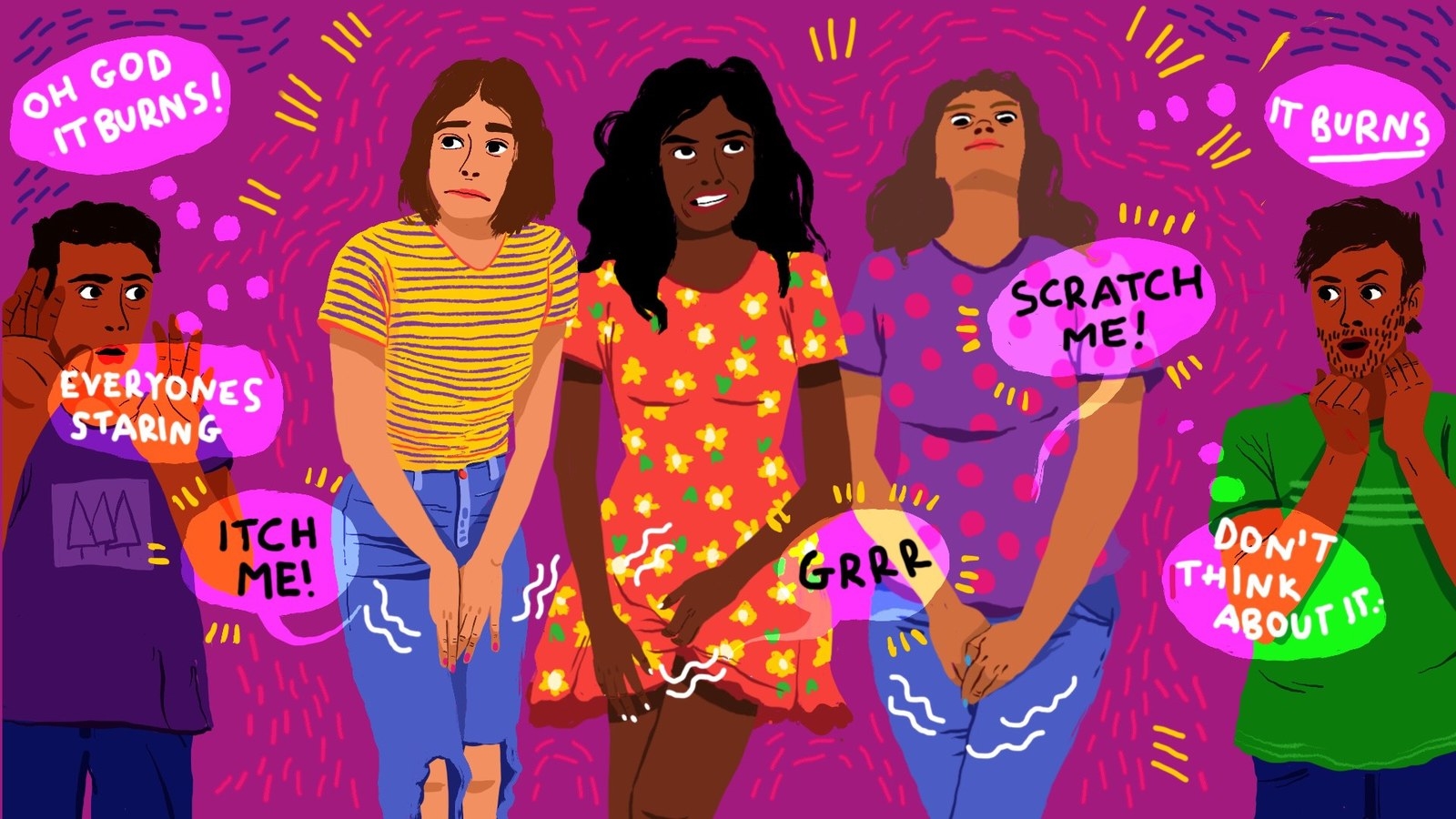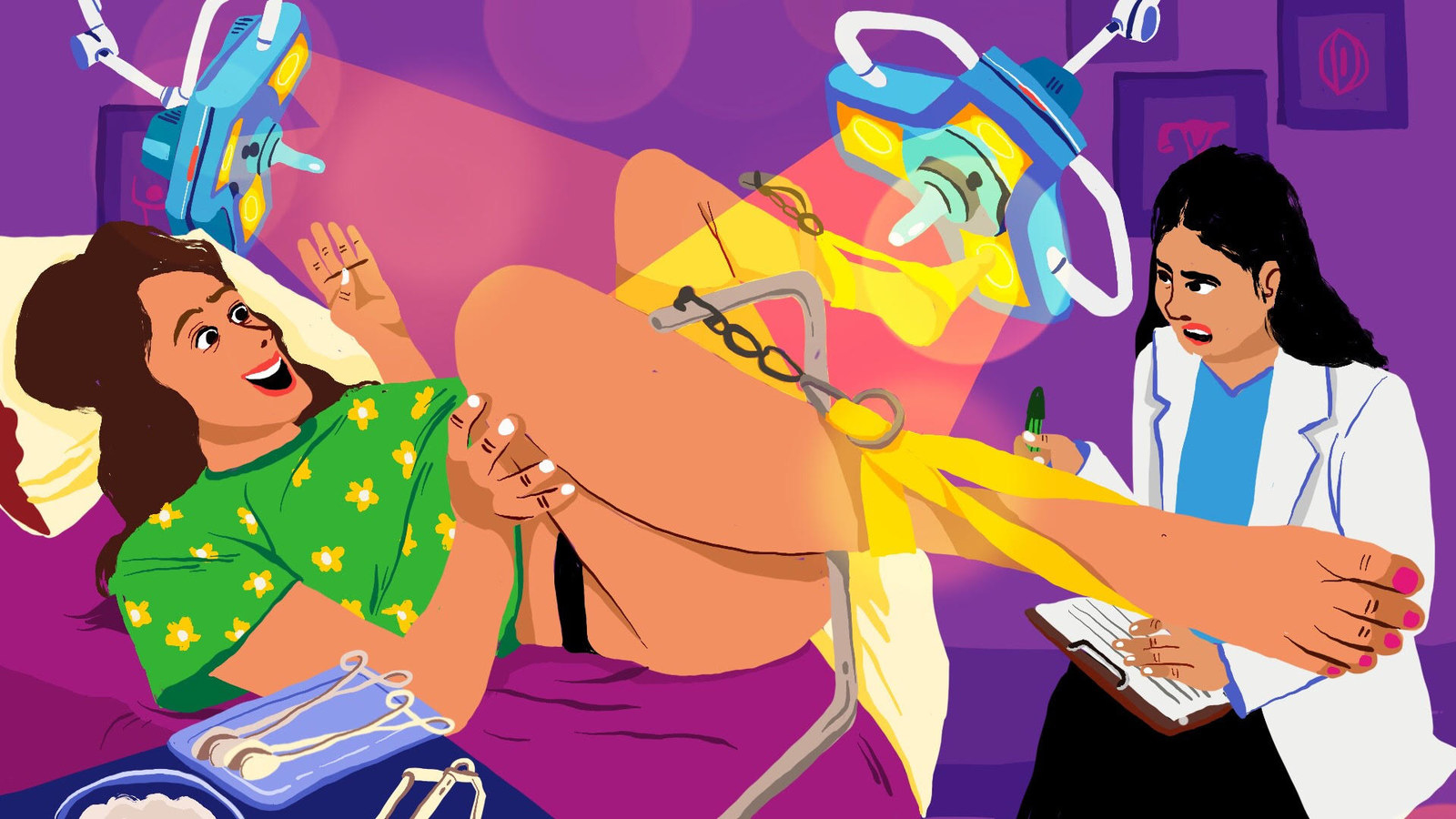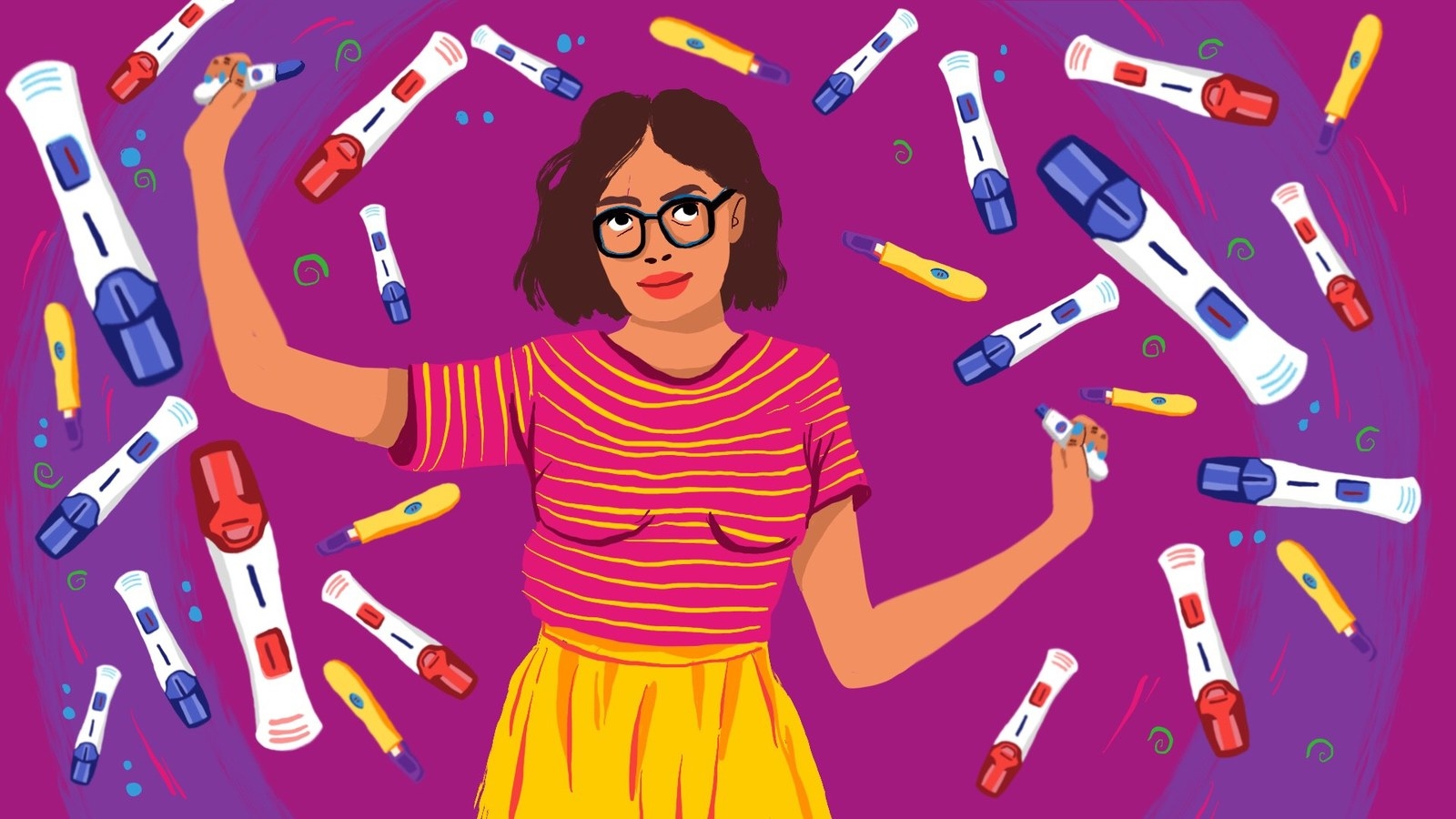
Never quite worked up the nerve to asking your gynaecologist or GP the questions you went in for? We crowdsourced the questions about contraception, fertility, and the menstrual cycle that women wanted to ask the most and spoke to Dr. Seema Chakravarti from Pall Mall Medical for answers.
1. "How does the pill actually work?"
"The pill works by halting the body’s natural ovulation process. It does this slightly different depending on whether you are using the combined or mini pill; the former stops your body from producing certain hormones needed to produce an egg, and the latter thickens your cervical mucus, making it harder for the sperm to travel to the egg."
2. "Before sex, I always need a lot of lube. Is that normal? Will it affect anything down there?"
"Yes, that is completely normal as every woman is different. Lube is very unlikely to cause any long-term harm to your vagina."

3. "I have a very irregular cycle – are there any watchouts that I should keep in mind when tracking my period?"
"There can be many factors behind an irregular cycle – my advice would be to keep a diary of all the days you bleed, and if the irregularity continues, the first step would be to consult your doctor."
4. "Is it normal for my vagina to smell differently throughout my cycle? Are there any smells I should be wary of?"
"The way your vagina smells can vary, but if the smell becomes particularly fishy or offensive, do seek medical advice."
5. "What does a normal vagina look like? Is there such a thing as normal?"
"Great question! All vaginas look slightly different, so don’t worry about what it looks like. Different-looking vaginas can all be completely ‘normal’."

6. "Why do our vaginas get *itchy*?"
"Itching could be a result of many things, like using strongly perfumed soaps or even the type of underwear you’re wearing. It could also be a sign of thrush, or if you’ve been taking antibiotics, it could be a sign that it has triggered thrush."
7. "What really happens to the vagina after you give birth?"
"In my experience, every delivery is different, so every woman experiences different changes. It depends on whether you’ve had a spontaneous vaginal delivery, if you needed an instrument to help with your delivery, and your overall labour experience."
8. "How do I know which method of contraception is best for me?"
"Every body can react differently to contraceptives, so speak to your doctor or nurse, who can talk you through your options. It’s important to be aware of the side effects and risks that come with each method; for example, if you have a family medical history of blood clots, it's not recommend that you use the combined pill. IUDs have a low failure rate, but some women find the procedure too invasive."

9. "Do you think it's as funny for patients to make eye contact and conversation when you're feeling for my ovaries as I do?"
"The most important thing for me is that my patients feel comfortable. In fact, many of them seem to find having eye contact and conversation makes them less anxious."
10. "I’m hoping to get pregnant in the next year. Is there anything I can do to help with the process?"
"Introducing some simple lifestyle changes like eating healthily, exercising regularly, and taking folic acid supplements can help. If you have any underlying medical conditions or are on medication, I would recommend seeing your doctor for pre-pregnancy counselling to discuss options to optimise your chances."
11. "When should I consult a doctor if I can’t seem to get pregnant?"
"I would say 8 to 12 months into trying to get pregnant. Even earlier, if you [have] an irregular menstrual cycle or underlying gynaecological issues."

12. "Can I come to you while I’m on my period or should I reschedule my appointment?"
"There is absolutely no need to reschedule. Being on your period is completely normal and won’t affect your examination. But if you feel uncomfortable with the idea, you can reschedule."
13. "Can waxes be bad for me?"
"Not necessarily. But they can sometimes cause infections in your hair follicles, and if performed roughly, can cause skin damage."
14. "I’m 27 and worry about my fertility. Should I be thinking about freezing my eggs?"
"That’s quite a complex decision to make – and one that should be discussed with an infertility specialist. As egg freezing is not available on the NHS, it’s important to be aware of the risks and the expected success rates, which can be discussed with an infertility clinic. Blood tests and scans can help assess certain aspects of fertility."

15. "I have a low libido – should I be worried?"
"Low libido can be caused by a lot of external and internal factors. Stress is a common cause, as is going through the menopause, experiencing pain during sex, and hormonal changes.
"But there are tests and treatments out there that can help restore libido."
16. "How many times should I be having sex a day if I’m ovulating and want to get pregnant?"
"Once a day for 4 days – before and after ovulation. As sperm can survive inside a woman’s body for 3–5 days, having sex during this period will give the sperm time to travel up the fallopian tubes as the egg is being released. "
17. "Is it possible to get pregnant on the pill?"
"Yes, like with all contraception, you are not completely protected – approximately 9 out of 100 women per year find they are pregnant despite taking the contraceptive pill.
"Making sure you take your pill routinely increases its effectiveness. Factors such as vomiting or taking other medications alongside the pill can make the pill less effective. Therefore, my advice would be to check with your doctor before you start any new medications. Other methods like the implant and the coil are more reliable with a failure rate of about 1%."

18. "Is it really true that certain positions can help you get pregnant?"
"There is no scientific or medical evidence to support this. It’s all down to how you and your partner choose to conceive."
19. "If you can’t orgasm vaginally, is it because of your anatomy? Or is it a mental block?"
"The answer could be both mental and anatomical. Again, every woman’s experience of sex is different, so don’t be disheartened if you’re unable to orgasm vaginally."
